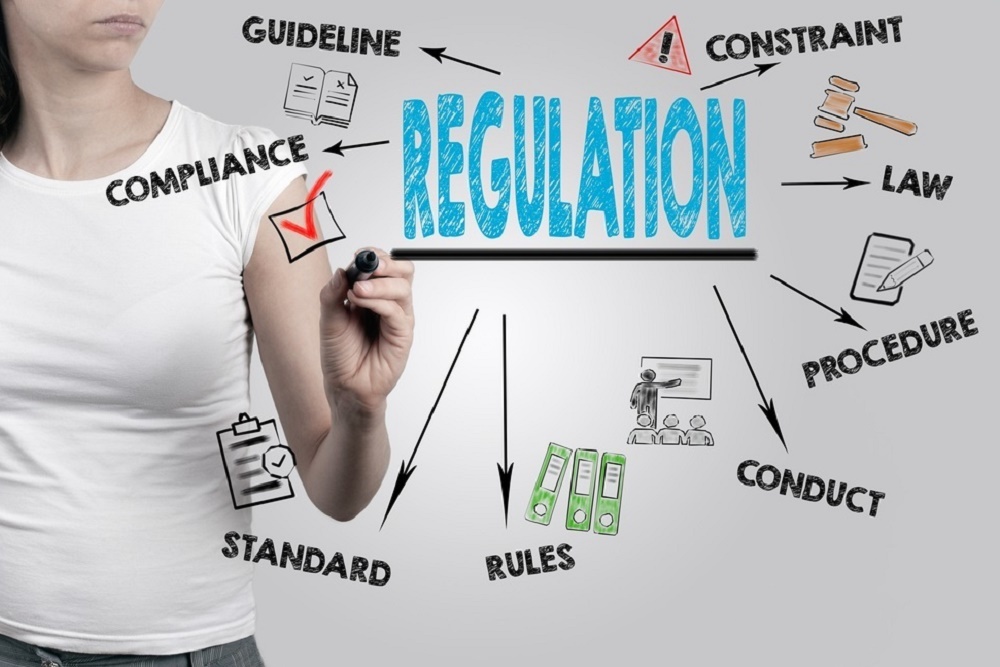As state legislatures across the country prepare to convene for the 2017 session, lawmakers are being urged to enact laws to allow individuals to earn a living without excessive regulation.
Last year, one state, Tennessee, passed a Right to Earn a Living Act, which was the focus of a policy paper written by now Arizona Supreme Court Justice Clint Bolick and published by the Goldwater Institute, a public policy think tank where Bolick was employed as vice president of litigation prior to his appointment to the bench.
Tennessee Gov. Bill Halsam has signed act, one largely based on the institute’s policy report, into law. The act requires all state agencies to limit entry regulations for professions and occupations to "those demonstrably necessary and carefully tailored to fulfill legitimate public health, safety or welfare objectives."
In his paper, Bolick laid out his vision of the law, which is to recognize that the “right of individuals to pursue a chosen business or profession, free from arbitrary or excessive government interference, is a fundamental civil right.”
Bolick decried local, state, and federal governments use of “licensing laws, government-conferred monopolies, certificate of need requirements, and other regulations to make it difficult for entrepreneurs to start new businesses,” the paper said.
“Such restrictions often inflict their greatest burdens on people with little wealth or political clout, thereby cutting off the bottom rungs of the economic ladder,” Bolick said.
Bolick cited excessive regulation of the taxicab as an example.
“A local government might logically require minimum taxicab safety standards and insurance,” Bolick wrote. “But an arbitrary limit on the number of licenses issued serves only to reduce competition and consumer choices, increase prices, and restrict newcomers into the business for the benefit of existing companies.”
Bolick linked the law to what he describes as a fundamental freedom, the “right to pursue one’s chosen profession to provide for oneself and family.”
States always had the right to protect public health and safety and the authority to regulate businesses and professions, so long “as they did not regulate so excessively or arbitrarily as to extinguish freedom of enterprise,” he wrote.
Bolick traced the undermining of economic liberty as far back as 1873 and a U.S. Supreme Court decision in the Slaughterhouse Cases, which ruled that the 14th Amendment allowed states to grant monopolies to individual businesses. Since then, Bolick said, regulators are given “free rein to limit competition and restrict entry into businesses and professions.”
“The results are predictable, Bolick wrote. “A recent report by the Obama administration found that occupational licensing controls entry into roughly one-quarter of all jobs in the workforce.” And many licensed professions do not seem to present significant health and safety concerns, “yet individuals who would like to join the profession must first fulfill costly and burdensome requirements.”
Bolick added, “Such laws reduce employment opportunities, especially for those who lack education or language skills, and add to the cost of goods and services. ... Often the licensing rules are established and enforced by governmental bodies dominated by members of the regulated professions.”
Court decisions striking down excessive economic regulations are vastly outnumbered by new restrictions on competition and entry, he argued.
“States can take a major step toward restoring the freedom of enterprise that is every American’s birthright by enacting model legislation called the Right to Earn a Living Act,” Bolick said.
“The act provides substantive protection for those rights while at the same time preserving the ability of state regulatory agencies and local governments to protect the public through legitimate and proportionate health and safety regulations,” he wrote.
He concluded, “All public officials have a duty to ensure that the rules of the game are fair and that equal opportunities are available to all to pursue the American Dream. To fulfill that duty requires significant and effective corrective action.”
The act is approved as “model legislation” by the American Legislative Exchange Council.

